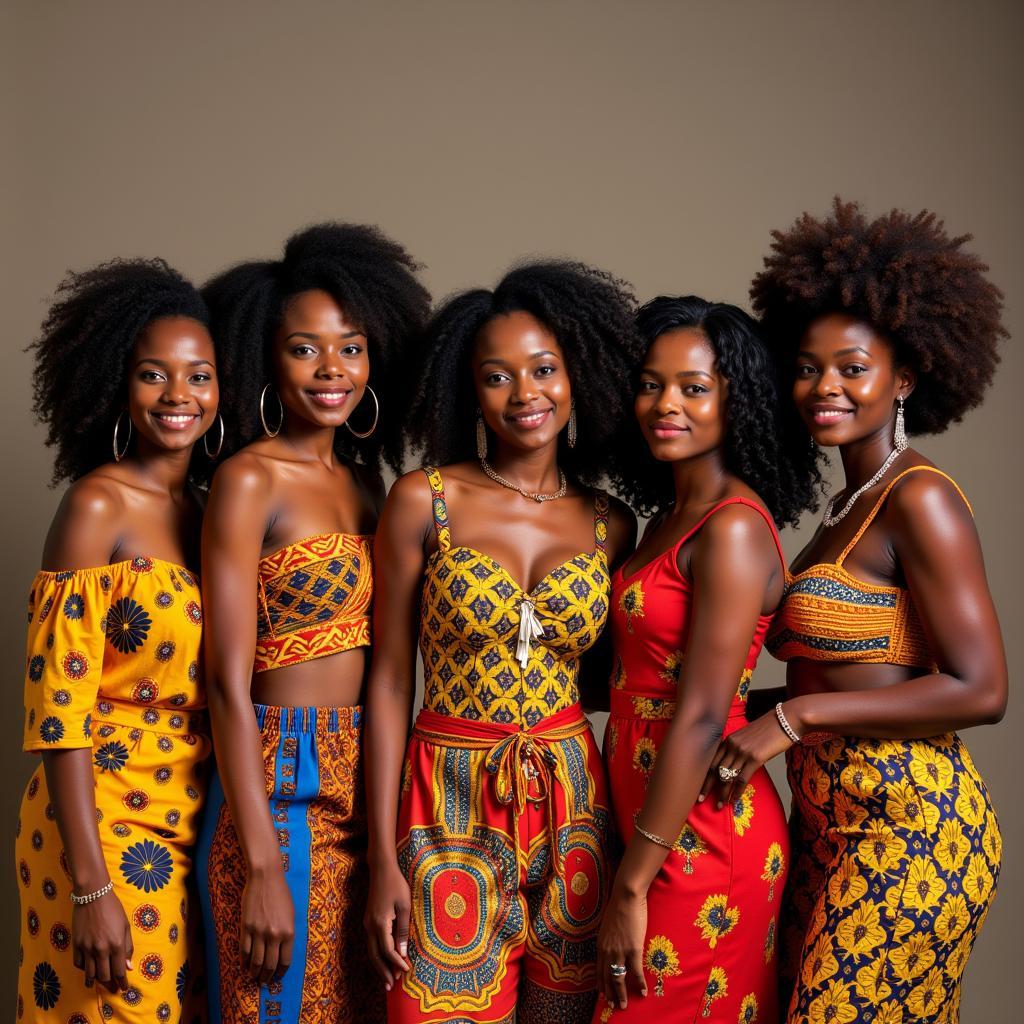The African Chief: A Symbol of Tradition and Authority in the Village
The image of an African Chief Sitting In A Village, often beneath a sprawling baobab tree, is a powerful one, steeped in tradition and symbolism. This evocative scene speaks volumes about the social structure, governance, and cultural heritage of numerous African communities. While the role and influence of a chief vary greatly across the continent, their presence remains a constant, a testament to the enduring legacy of traditional leadership in the face of modernization.
The Chieftaincy: More Than Just a Title
The role of an African chief is often hereditary, passed down through generations within a specific lineage. This lineage often carries immense weight, connecting the present leader to a long line of ancestors who played a pivotal role in shaping the village’s history. The chief’s authority, however, extends far beyond mere lineage. It is rooted in the community’s deep respect for tradition, their understanding of social hierarchy, and the chief’s responsibility to uphold the spiritual and moral fabric of their society.
In many African cultures, chiefs are not viewed solely as political leaders but also as custodians of their people’s history, customs, and spiritual well-being. They are expected to be the voice of reason, the arbiters of justice, and the protectors of their people’s interests. Their decisions, often made in consultation with a council of elders, hold significant weight and are instrumental in maintaining harmony and order within the village.
The Chief’s Court: A Place of Justice and Reconciliation
One of the most significant roles of an African chief is their judicial authority. Disputes, ranging from land disagreements to family feuds, are often brought before the chief for resolution. These proceedings, often held in a designated area of the village, offer a fascinating glimpse into the African concept of justice. Unlike Western legal systems, justice in a traditional African setting is often focused on reconciliation and restoring balance within the community.
The chief, acting as a mediator, listens patiently to all sides of the story and, drawing upon their wisdom and understanding of customary law, guides the parties towards a resolution that is acceptable to all involved. This process emphasizes community cohesion and aims to repair any breaches in relationships that may have occurred. It is a testament to the African emphasis on community and the interconnectedness of its members.
The Changing Face of Chieftaincy in Modern Africa
The advent of colonialism and the subsequent wave of modernization sweeping across Africa have undoubtedly impacted the traditional role of chieftaincy. In many instances, the authority of chiefs was undermined as colonial powers sought to impose their own systems of governance. However, despite these challenges, the institution of chieftaincy has shown remarkable resilience, adapting to the changing times while holding onto its core values and principles.
Today, many African chiefs are actively involved in bridging the gap between tradition and modernity. They recognize the importance of education, healthcare, and economic development and work closely with government agencies and NGOs to bring these services to their communities. They leverage their influence to promote peace, advocate for their people’s rights, and ensure that the voice of rural communities is heard at national levels.
The Enduring Legacy of the African Chief
The image of an African chief sitting in a village remains a potent symbol of the continent’s rich cultural heritage and enduring traditions. While the context may have evolved, the essence of their role – to guide, protect, and serve their people – remains unchanged. They are the keepers of history, the voices of wisdom, and a vital link to Africa’s past, present, and future.
Would you like to learn more about the fascinating world of African cultures and traditions? Explore our other articles:
Contact us:
For any inquiries or assistance, reach out to us via:
- Phone: +255768904061
- Email: [email protected]
- Address: Mbarali DC Mawindi, Kangaga, Tanzania.
Our dedicated customer support team is available 24/7 to assist you.


